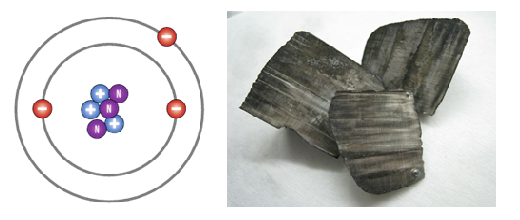Ikaria’s Secret of Health and Longevity

Ikaria is a mountainous Greek island in the central-eastern part of the Aegean sea. This island is a member of the so-called ‘blue zones’. Blue zones are distinct areas in different parts of the world with a population that have a much higher percentage of people being over the age of 90. In Ikaria, the percentage of people that reach an age above 90 is 1%, compare this to the rest of Europe where only 0.1% of the people live that long1.
Longevity can be influenced by genetics as well as by lifestyle and nutrition. It is known that centenarians have some single nucleotide polymorphisms (SNPs) in common and that they often have a similar genetic signature2, the SNPs is a variation in the DNA that a small portion of the population carries. In 2009, a research group, led by Christina Chrysohoou, at the medical school of the University of Athens looked in depth at the lifestyle of Ikarian elderly inhabitants. In total 1330 participants – 631 men and 699 women – enrolled in the study conducted by Chrysohoou’s team. Notably, 89 men and 98 women were over the age of 80. A long list of characteristics was assessed in the Ikaria study: socio-demographic characteristics, such as marital and financial status; lifestyle and dietary choices, such as physical activity, smoking, and the consumption of certain food groups; behavioural characteristics, such as participation in social events and having a siesta on a daily basis. One remarkable finding of this study was that the eldest participants (greater than 80 years) were still very physically active. 9 out of 10 men and 7 out of 10 women reported being physically active on a daily basis.
A similar study looking at inhabitants older than 65 years of eight greek islands and the Cyprus Republic found only 5 out of 10 men and 1 out of 4 women to be physically active (MEDIS study)3. The question, if the physical activity contributed to the longevity of the participants or if the participants were physically active because of their health, was not answered in the study. Another interesting finding of the Ikaria study was that the participants had a considerably low depression rate: the Geriatric Depression Score (GDS) assessed the level of depression. The smaller the score, the less depressive the participants are. The average GDS scores were less than 5, whereas, in the MEDIS study (which consulted other Greek islands), 25% of men and 35% of women had the highest GDS score – at greater than 10.
Research suggests several health benefits of a Mediterranean diet. In the Ikaria study, the adherence to the Mediterranean diet was very high. Detailed questioning about dietary habits helped to assess how closely the participants stick to the archetypal Mediterranean diet. It turned out that the participating Ikarians had a high adherence rate of 69%. In different words, they followed a slightly modified version of the traditional Mediterranean diet. More than 50% of their calorie intake comes from fat – from which olive oil provides around half of this. They eat a lot of legumes (garbanzos, lentils, and black-eyed peas), potatoes and wild greens; additionally, they drink a lot of coffee and herbal tea. The islanders eat meat about every other day and notably, they eat fish only six to eight times per month. Moreover, they eat rarely pasta and grains, instead favouring a lot of fruits. Following on with the sweeter side of their diet – they very rarely eat ordinary sweets but like to sweeten their tea with local honey. Lastly, they do eat dairy products, but mainly from goat’s milk. To summarise, this is evidently an overall plant-based diet.
The Ikarians’ diet and lifestyle are relatively different from the typical western one. Which factors contribute to health and longevity is not clear from such a study. Although, previous research suggests that the Mediterranean diet has advantages for the human health – alluding to the thought that what’s on your plate could determine your fate.
Edited by Richard Murchie










